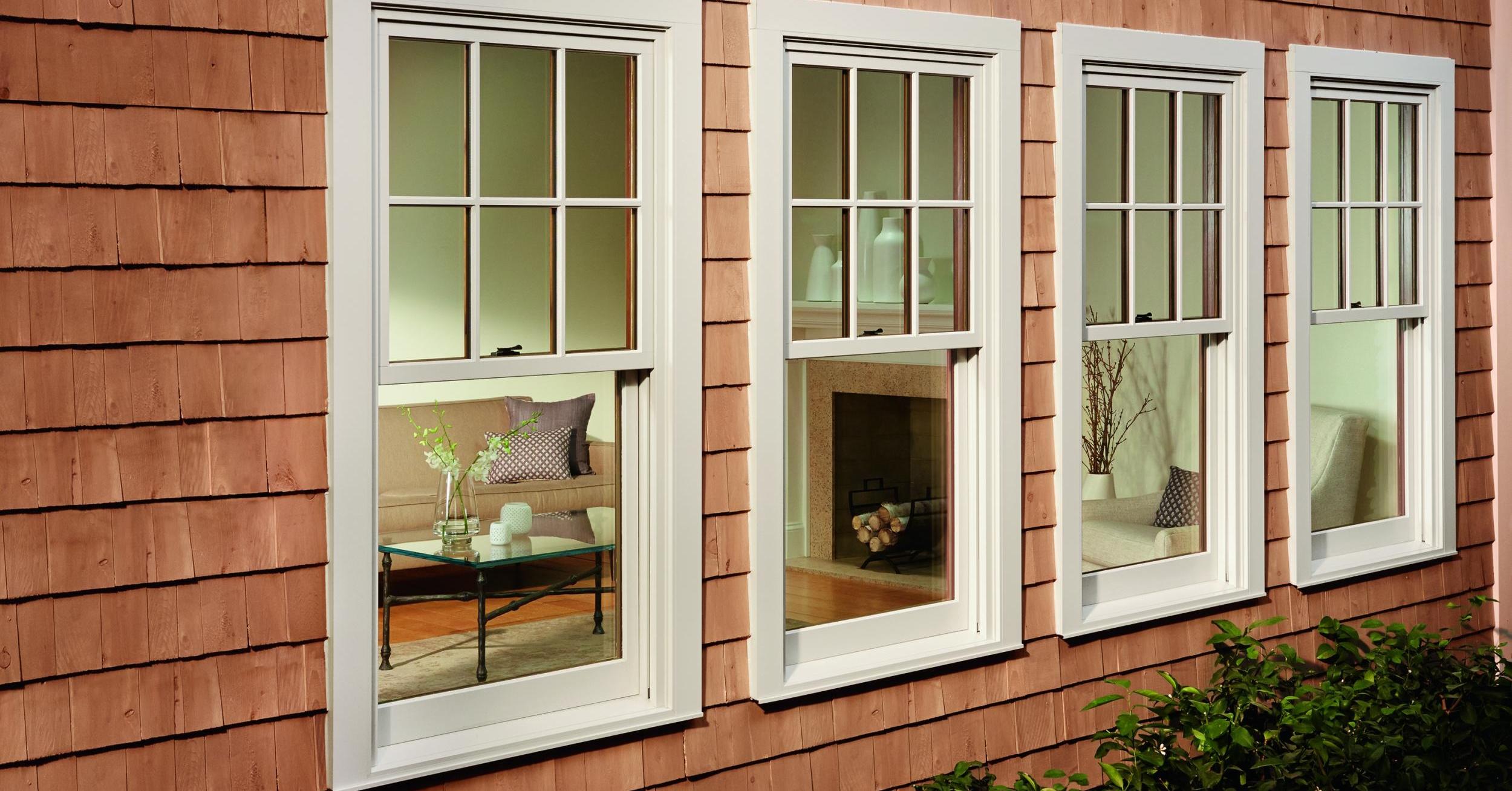Are you curious to know what is a double hung window? You have come to the right place as I am going to tell you everything about a double hung window in a very simple explanation. Without further discussion let’s begin to know what is a double hung window?
When it comes to selecting windows for your home, the options can seem overwhelming. One popular choice that offers versatility and functionality is the double-hung window. In this article, we’ll delve into the intricacies of double-hung windows, exploring their design, benefits, and differences from single-hung windows.
What Is A Double Hung Window?
A double-hung window is a type of window with two sashes (movable panels) that slide vertically within the frame. Unlike single-hung windows, both the upper and lower sashes of a double-hung window can be opened and closed, providing enhanced ventilation and flexibility.
Key Features Of Double-Hung Windows
- Two Movable Sashes: One of the defining features of double-hung windows is their dual sashes, which can be raised or lowered independently. This allows for greater control over airflow and ventilation.
- Versatile Design: Double-hung windows are available in various materials, including wood, vinyl, and aluminum, and can be customized to suit different architectural styles and preferences.
- Easy Maintenance: Many double-hung windows are designed for easy cleaning, with sashes that tilt inward for convenient access to both the interior and exterior surfaces.
Double Hung Vs. Single Hung Windows
- Definition: Single-hung windows also feature two sashes, but only the bottom sash is operable, while the top sash remains fixed.
Comparison:
- Ventilation: Double-hung windows offer superior ventilation since both sashes can be opened, allowing for air to circulate freely. Single-hung windows, on the other hand, provide limited airflow as only the bottom sash is movable.
- Cleaning: Double-hung windows are typically easier to clean since both sashes can be tilted inward for access to the exterior glass surfaces. Single-hung windows may require more effort to clean the exterior of the top sash.
- Energy Efficiency: While both types of windows can be energy-efficient when properly installed and insulated, double-hung windows may offer slightly better energy efficiency due to their tighter seal when both sashes are closed.
For more information like this visit Weji.
Benefits Of Double-Hung Windows
- Enhanced Ventilation: The ability to open both sashes allows for increased airflow and ventilation, helping to keep your home comfortable year-round.
- Ease of Cleaning: Double-hung windows are designed for easy maintenance, with tilting sashes that make it simple to clean both the interior and exterior glass surfaces.
- Versatility: Double-hung windows are available in a wide range of sizes, styles, and materials, making them suitable for various architectural designs and aesthetic preferences.
Conclusion
In summary, double-hung windows offer a versatile and practical solution for homeowners seeking functionality, aesthetic appeal, and energy efficiency. With their dual sashes, easy maintenance, and customizable design options, double-hung windows are a popular choice for both traditional and modern homes alike. Whether you’re looking to upgrade your existing windows or planning a new construction project, double-hung windows are worth considering for their numerous benefits and timeless appeal.
FAQ
What Is Difference Between Single Hung And Double-Hung Windows?
The top sash (glass panel) of a single-hung window doesn’t open (it is “fixed”), so you can only open the window by lifting the bottom sash up. A double-hung window also opens from the bottom, and in addition allows you to slide the top sash down, so you can open top, bottom, or both.
What Is The Purpose Of Double-Hung Windows?
Double-hung windows offer more flexibility as both the top and bottom windows can be opened and closed. The result is better airflow, providing maximum ventilation for your home. You can clean both the interior and exterior surfaces from inside your home.
Are Double-Hung Windows More Expensive?
Single-hung windows are less expensive than double-hung windows because they have fewer moving parts and lighter frames. Most single-hung windows cost $150 to $400 each, whereas double-hung windows cost $200 to $600. Double-hung windows can also cost more to install because they’re usually heavier.
What is the difference between casement and double-hung windows?
Casement Vs Double-Hung Windows: What’s The Difference?
Casement windows are hinged on one side, so they open and close horizontally like a door. Double-hung windows open and close by sliding sashes vertically up and down. Another difference is the way they open and close. Casement windows are operated by a manual crank on the house interior.
I Have Covered All The Following Queries And Topics In The Above Article
What Is A Double-Hung Window
What Is A Double Hung Window Vs Single Hung
What Is A Double Hung Window Mean
What Is A Double Hung Window?
What Is A Double Hung Window Vs Single Hung
What Is A Double Hung Window Sash
What Does A Double-Hung Window Look Like
Which Is More Energy-Efficient Single-Hung Or Double-Hung Windows
Benefits Of Single-Hung Windows
Twin Double Hung Windows
Double Hung Window Sizes
Single-Hung Vs Double-Hung Windows Cost
What Is A Double Hung Window
